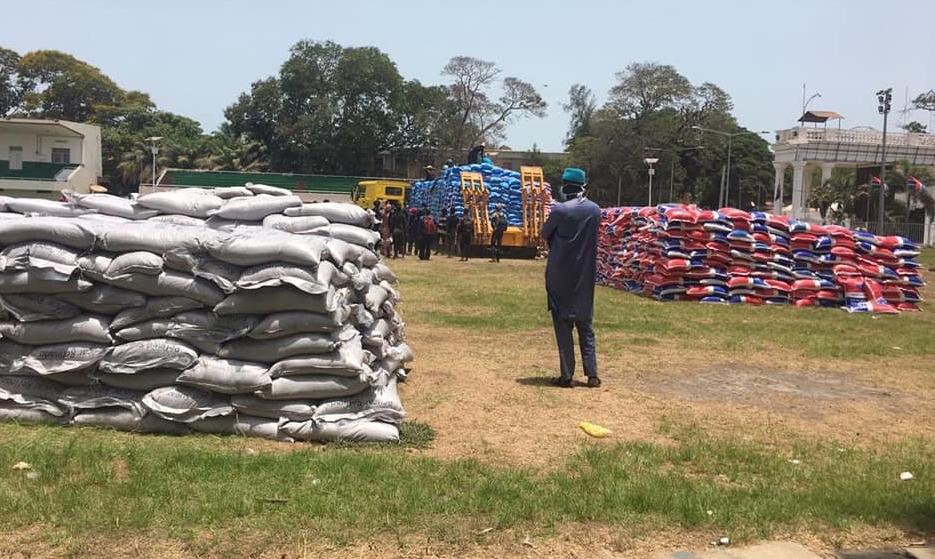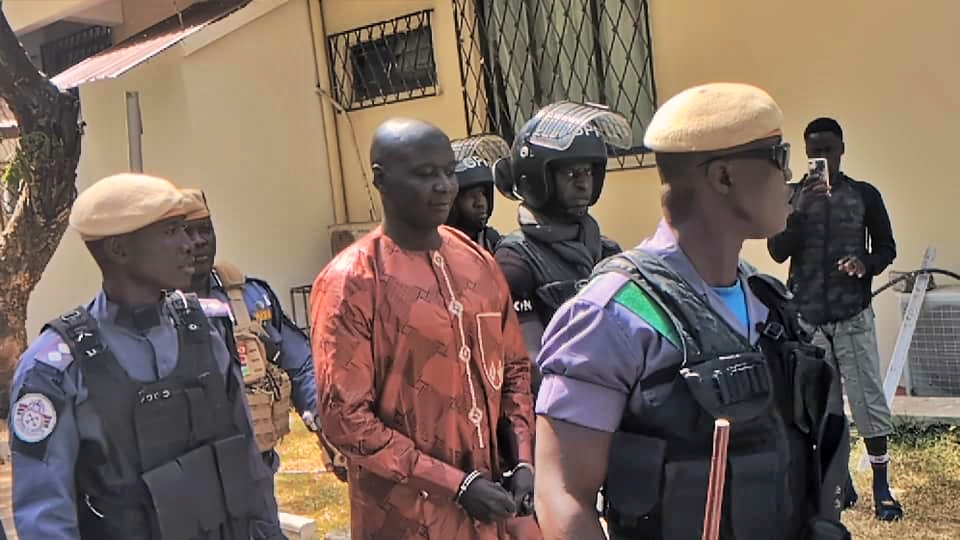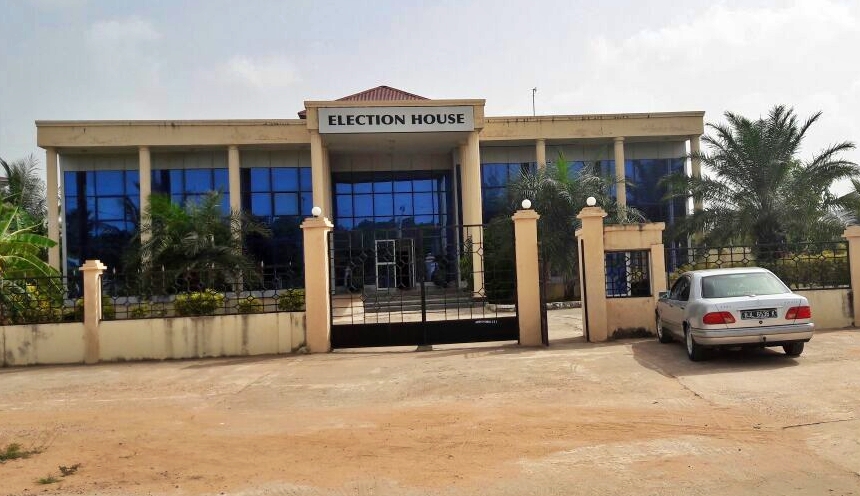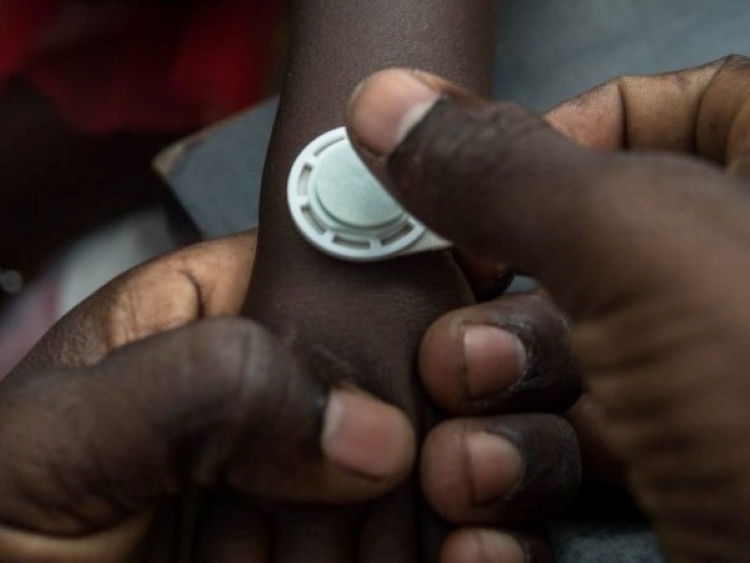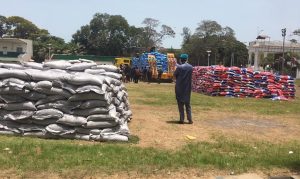The Bill & Melinda Gates Foundation has given $23.6 million to U.S.-based life science company Micron Biomedical to fund the first ever mass production of needle-free vaccine technology. The technology works by delivering the vaccine via dissolvable microneedles attached to the skin on a patch-like device.
Earlier this year, Micron announced successful clinical data from a phase I/II study in the Gambia, which evaluated the safety, immunogenicity, and acceptability of the leading commercially available MR vaccine delivered by Micron’s microarray technology in adults, toddlers and infants as young as nine months old.
Now the company will be able to mass produce its device thanks to a $23.6 million grant from the Bill & Melinda Gates Foundation, which was announced on Thursday. The company will use the funding to mass produce its “peel & stick” microarray technology.
As it stands today, the delivery of injectable vaccines and therapeutics require a great deal of infrastructure, which significantly hinders access in low and middle income countries that lack refrigeration and healthcare workers. It also causes problems in higher income countries, where patients can struggle to get an in-person visit and would prefer to self-administer at home.
Welcoming the news, Steve Damon the CEO of Micron said “This first commercial-scale production facility establishes Micron’s proof of concept for additional commercial vaccines and drugs in all markets globally.”
Damon added that his company “Is solving some of the most pressing challenges facing conventional vaccine and drug administration by eliminating or greatly reducing the need for cold chain during delivery and/or storage; reducing transportation and storage costs; allowing safe vaccine and drug administration by non-medical personnel; reducing medical waste; and offering needle-free solutions to address vaccine hesitancy and improve patient compliance,” Steven Damon, CEO of Micron Biomedical, told VatorNews.
Micron Biomedical is attempting to solve for this problem with the development of a needle-free vaccine: its “peel & stick” microarray technology is applied to the skin and allows for self-administration or lower skilled caregiver administration of pharmaceuticals by pressing a button. Vaccines and medicines are delivered within seconds to minutes.
The manufacturing facility will enable commercialization of the first microarray technology-based measles-rubella vaccine, indicated for children as young as nine months, once approved by the appropriate regulatory authorities following additional clinical study.
Micron works with pharma and biotech companies who want to improve accessibility of their vaccines and therapeutics, as well as with foundations and agencies, such as the Bill and Melinda Gates Foundation and the CDC, to get its device into the hands of those who need it.




